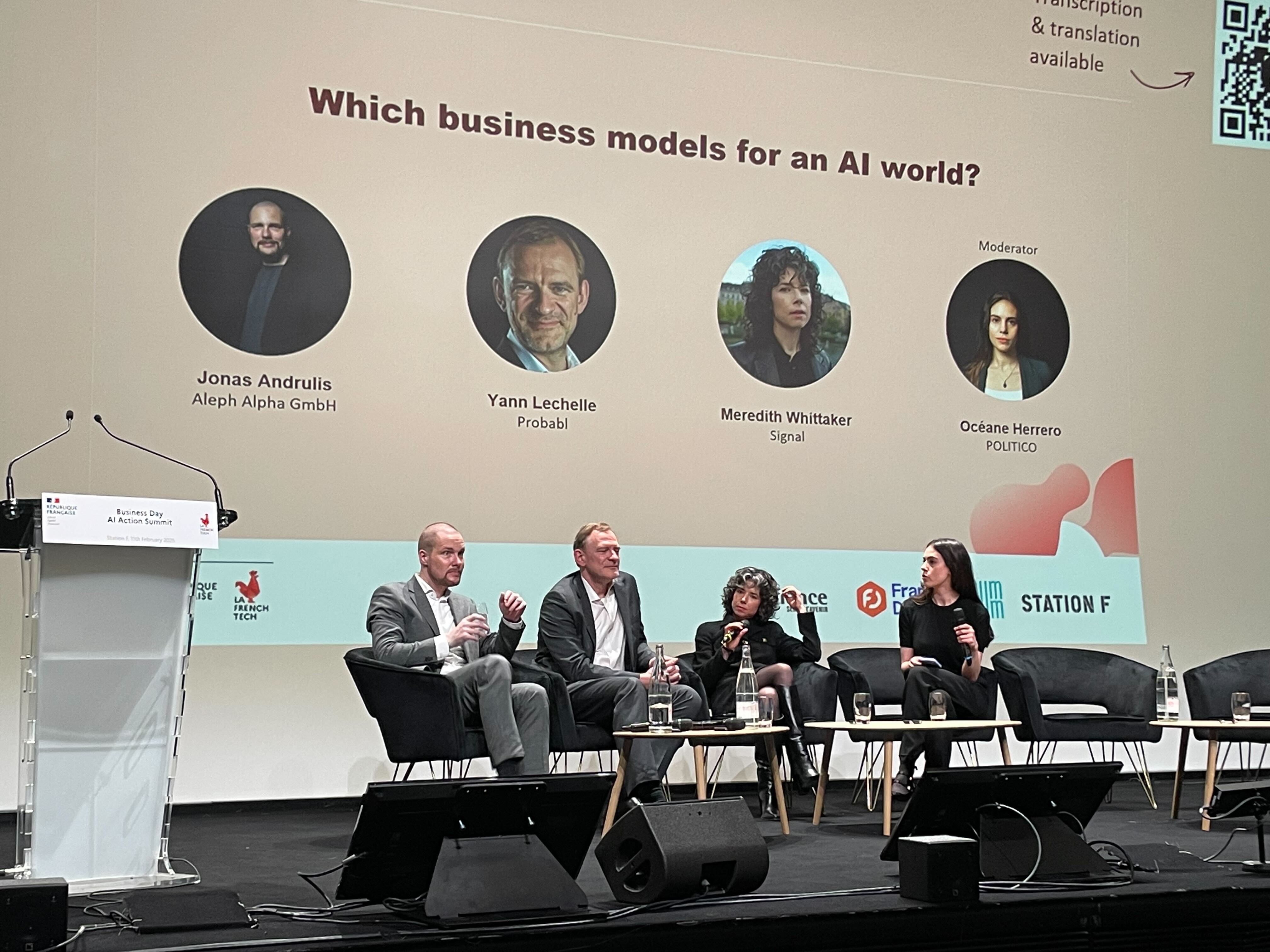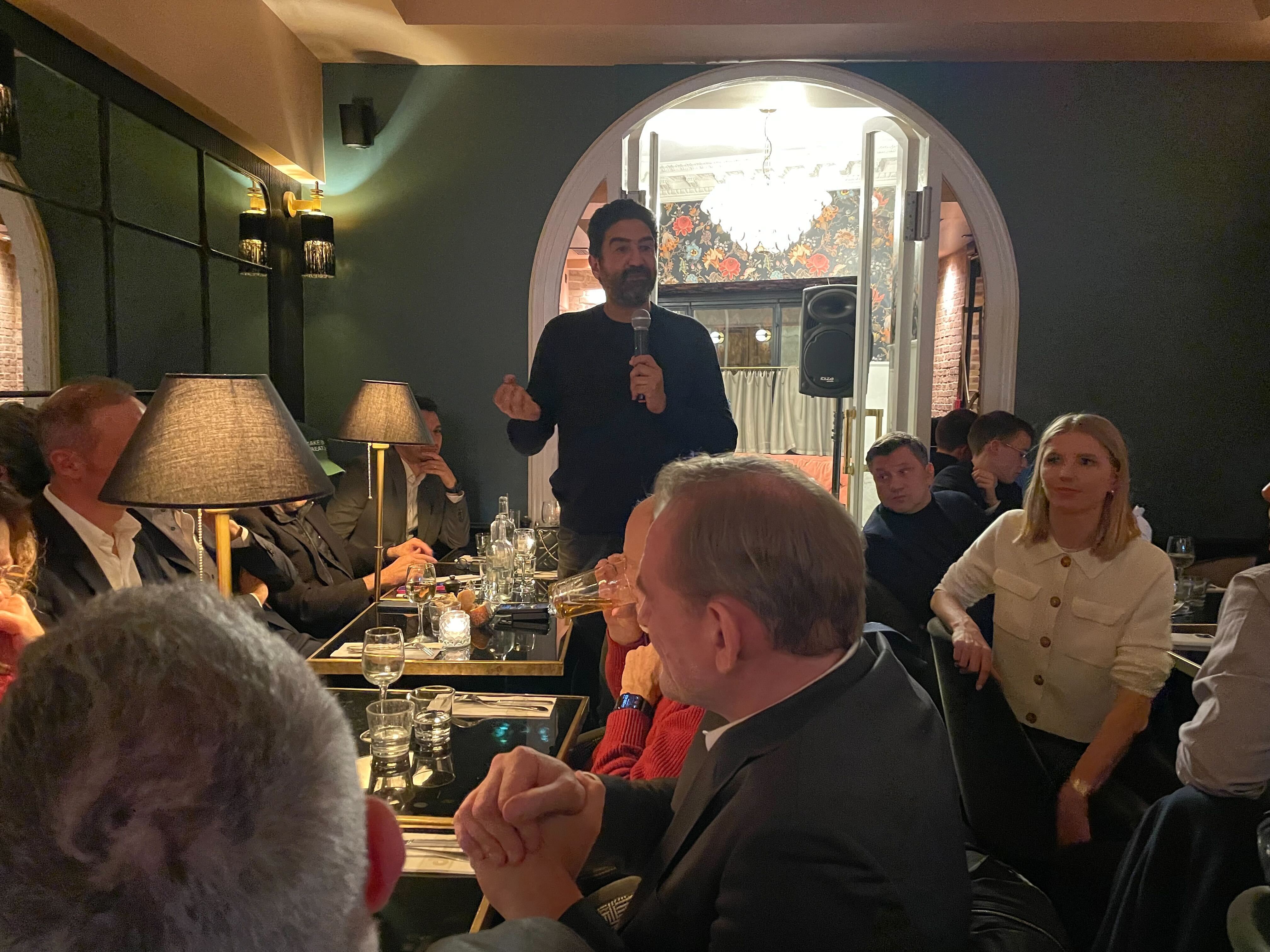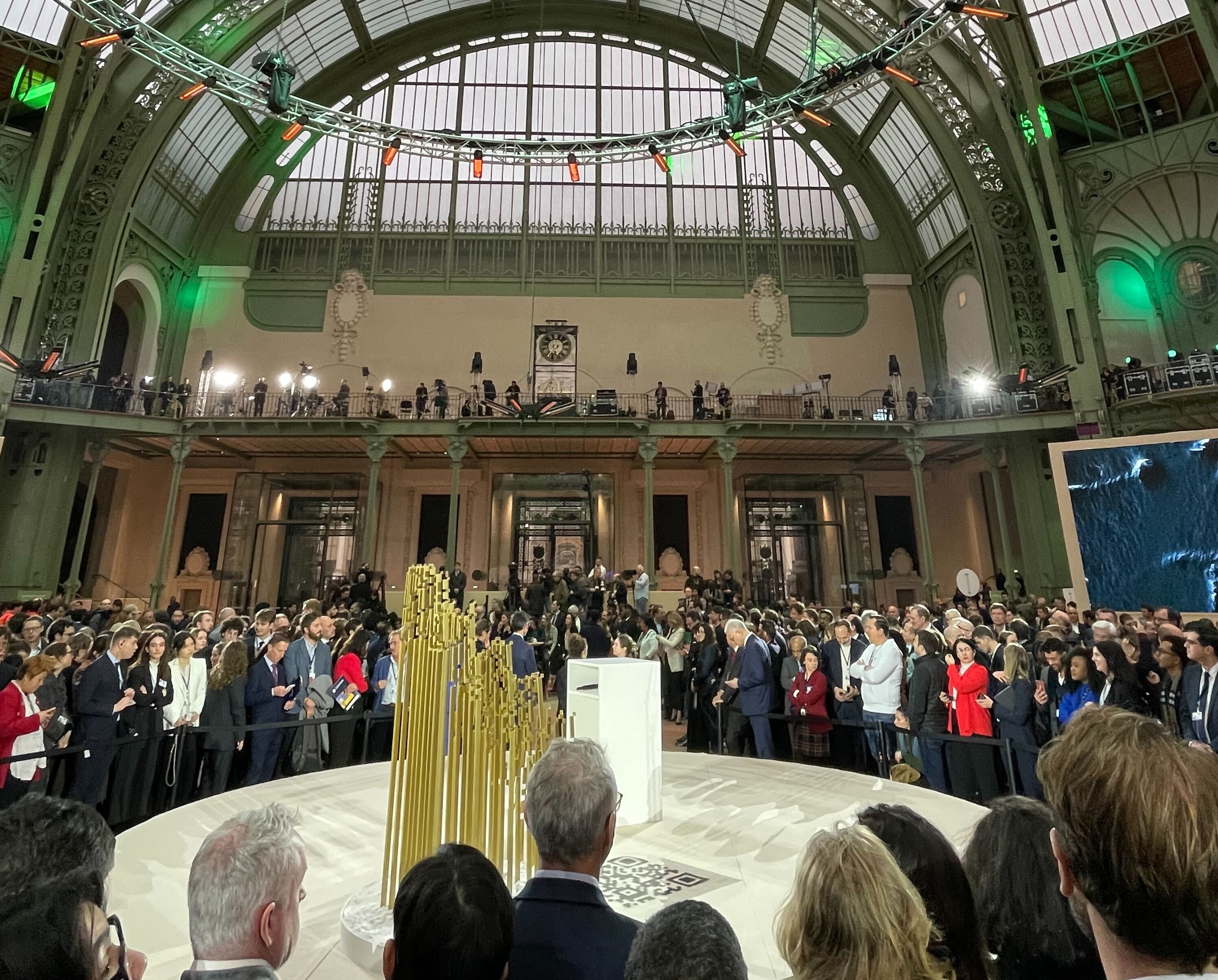
What a Summit! - IE.F Managing Director Clark Parsons was on-site at the AI Action Summit and shares his thoughts on the last few days in Paris:
1. AI is geopolitical, but also an economic arms race
The summit was originally envisioned as a comprehensive gathering to talk about lots of topics like inclusion, trust and responsibility, research, etc., but in the end it felt like a raw economic competition. The main day of the summit had an absence of business and tech people, who were then herded the next day into an overcrowded StationF for a vibrant / madhouse Business Day. Despite all the meaningful initiatives and announcements, eg for democracy and AI, etc., the main things that will hang in memory were economic:
- An unapologetic America First / let's-build-not-regulate speech from US Vice President Vance,
- EU President von der Leyen trying to counter the American Stargate program with what felt like a hastily assembled EUR 200B in public/private investment pledges for AI.
- The many pro-European statements from French President Emmanuel Macron, including "plug baby plug" in his pitch for France as the low-cost energy location for the AI / data center industry.

2. It's early
The revelation of China's DeepSeek made it clear again that the final business models and value chains of AI are still very much up for grabs. The US has a gigantic, dominant position in data, cloud/data centers and compute power, but much of these elements might end up being commoditized. The rebirth of OpenSource as a viable paradigm for AI has potentially made LLMs as a business model untenable, and the race is now on to move into AI verticals with special AI agents, proprietary data sets and domain knowledge. Bottom line: no one can really say who's going to win this, which explains why investors are now placing bets everywhere. The US made it clear they want to dominate, but there is no guarantee they will.

3. France is leading in Europe
The energy in Paris was real, and it can't be overstated how much this has to do with President Macron's relentless focus on making France a capital, if not the capital of AI in Europe. The ecosystem is deep, and an early lead can help generate a cluster effect. The dedication of many leading French tech executives and founders is also paying dividends. There is a spirit of civic engagement and national pride from the ecosystem that feels like a uniquely French tradition. In my humble view, Germany would have to drop everything and obsesses over this topic for 5 years to catch up now.

4. Le Vibe Shift is here, but Europe's leaders need guidance
The presence of President von der Leyen but also Tech Sovereignty Commissioner Virkkunen demonstrated the EU's awareness of how important this topic is to our competitiveness (Brussels' new favorite word). But it's also clear that Europe's not sure about its plan. Our belief in free and open markets is now under intense pressure from both the East and West. But do we just mobilize more public/private capital and high-performance computing centers and let the magic happen? Will state-sponsored AI Gigafactories save us? The impulses are helpful, but it never feels like anyone has a clear vision for how 27 member states can band together to act as a united force. In conversations with national startup association leaders, I also heard alarming tales of several national governments now planning to draft local / national versions of AI regulation. Indeed, the AI Act still hung over the event like a dark cloud. Unless or until Europe decides how to reconcile economic dynamism with imposition of values via regulations, we'll be stuck in AI limbo. The US made it clear they will choose only growth and let builders build (and monopolies monopolize). The EU's "yes, but" stance sounded like we're resigning ourselves to 3rd place already.